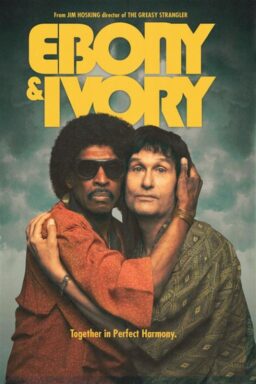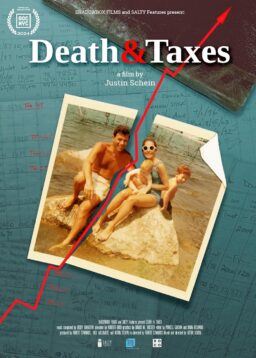BEVERLY HILLS, Calif. – Breakfast at the Beverly Wiltshire. The waitresses in their frills and bodices like Swiss maids. Waiting to talk with Alan Arkin, I drink coffee and read the Los Angeles Times. Convicted killer Gary Gilmore has broken his 21-day hunger strike and eats his first meal, a cheese and bologna sandwich. David Susskind walks into the breakfast room. Orders breakfast. What’s he having? Scrambled eggs, toast, orange juice? Susskind is negotiating for the Gary Gilmore story. Everybody’s gotta eat. Wonder if Susskind knows that Gilmore….
“There’s David Susskind,” says Alan Arkin, ending my reverie. He introduces his son, Adam, who looks like a younger Alan Arkin. Arkin is editing his new film, “Fire Sale,” and Adam is going to come along and offer free advice. It’s a good thing Adam has the day free: He has his own TV series starting in January. But
first we’ll talk about Alan Arkin as Sigmund Freud in “The Seven-Per-Cent-Solution.”
“I studied Freud a lot, only to find that it was useless,” Arkin said. “Nicholas Meyer, who wrote the book, based the character not on Freud but on his own father, who was a psychiatrist. I had to junk a lot of research and just go away with the script. Finally I found the key I needed: The movie was about a collaboration between Sherlock Holmes and Sigmund Freud, so I would simply play Freud as if he were a detective. It’s the same thing, really, being a shrink or being a detective. They’re both inside jobs.”
There was a phone call for Adam, and he went to the lobby to take it. Arkin looked after his son with affection and exasperation.
“Incredible,’ he said. “After all the time I spent working my way up in show business, this kid gets all the work he can handle. He has incredible luck. Until the age of 16, he was lazy. A real lazy kid. He wants to act, but he won’t look for work. Adam, I tell him, the world isn’t going to beat a path to your door. He goes upstairs – this was at home in New York – and plays his drums. I give up.
“There’s a knock on the door. Some hippie kid wants to know who’s playing the drums. It’s my son, I say: Go on up, talk to him. The next night Adam is playing drums for the warm-up act for Stevie Wonder in Philadelphia!” Arkin stirred his coffee. “Not only did the world beat a path to his door, It climbed up four flights of stairs to offer him a job.
“And that’s not all. Our 16-year-old, Matthew, did Kojak last year. He gets scripts right and left, he wants to stay in school. Our 9-year-old, Tony, has three lines in the school play. I’m out of town, I can’t be there. For months he says nothing. One morning my wife, Barbara, sees him moping over his cereal. Tony, she says, what’s the matter? He’s disappointed I didn’t see him in the school play. It’s OK, she says, Daddy will see you next time. I know, he says, but if he saw me this time he’d be getting me more work.”
Arkin grinned. “The kid wants an agent. I should be his agent. Good, steady work.”
What about “Fire Sale”?
“It’s a comedy by Bob Klane, who wrote ‘Where’s Poppa?‘ I star in it and I directed it. It’s about a tyrannical father who owns a store, and his two sons. One works in the store and the other is a basketball coach. They’re both flops. The store is losing money and the father wants to burn it down. The sons want to preserve the family reputation.
I asked Arkin about his new children’s book, “The Lemming Condition,” which will be made into an animated TV special.
“It’s about all these lemmings on their way to the sea,” he said, and one lemming says, hey, why ME? I like it, it’s a nice book. I’m very happy with it. But it’s a funny thing. When you write something, you con yourself into thinking something’s new. Then you read it, and ‘The Lemming Condition’ is just another
version of ‘Catch 22,’ which was ‘Candide,’ which was ‘Tom Jones’ . . . I don’t think there is anything new. “The best film I’ve seen in a long time is Truffaut’s ‘Small Change.’ There’s no news in it. It’s a restatement of things people know already. Well is more important than new: Do it well, it’ll be good. Which kind of brings us back to ‘The Seven Per-Cent Solution.’ It’s a very well done film. Herb Ross made it look great. It’s entertaining. So who cares whether Sigmund Freud would have made a good detective?”
Adam returned from his phone call, and Arkin left with his son to go up to the studio. On the way out, I said hello to David Susskind, who appeared to be thinking of something else.











